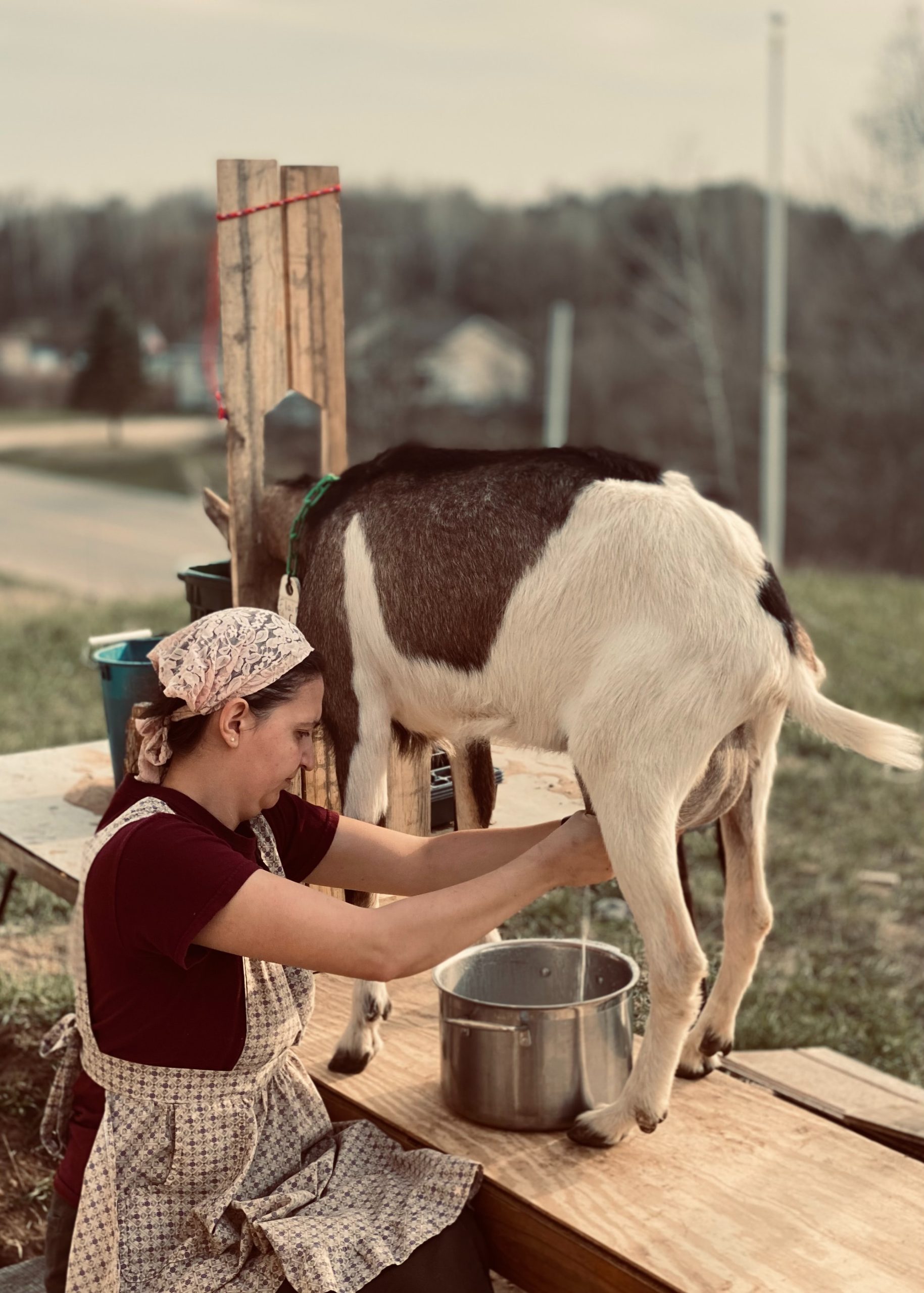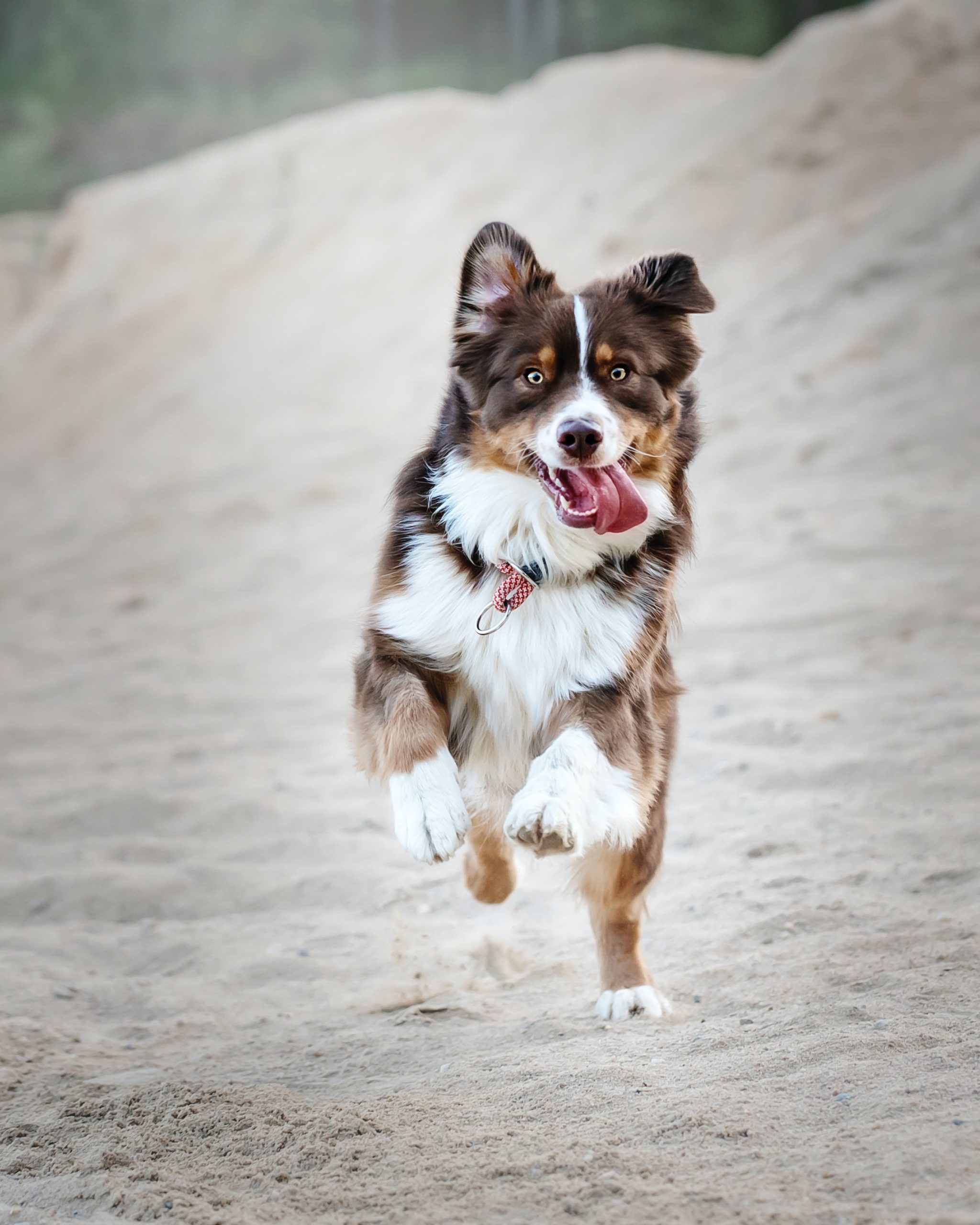Rotten teeth are a broad, non-technical term that can describe any form of dental disease in canines. It generally makes the pet parents think of teeth that are discolored, falling out, and painful. Unfortunately, rotten teeth are very common in our pets. As dogs don’t brush their teeth, they need to rely on their pet parents to manage their dental hygiene.

Dogs do not suffer from cavities the way humans do. Cavities, also known as dental caries, are usually caused by two specific types of bacteria (Streptococcus mutants and Streptococcus sobrinus) which dogs do not get. They do, however, develop very severe dental diseases such as rotten teeth and gums.
This article will outline the causes of periodontal disease, how you can spot rotten teeth, and what you can do.
What Do Rotten Dog Teeth Look Like?
The large majority of pet parents don’t routinely look closely at their dog’s teeth. This is because dogs don’t appreciate fingers in their mouths. So, visual appearance is not the first sign that pet parents notice in pets with rotten teeth. One of the first signs of tooth decay in dogs that pet parents will be able to notice is bad breath.
Dog teeth are built similarly to human teeth, they are made of a crown (the part you can see) and a root. The root is under the gingiva (the medical term for the gums) and is the part that is responsible for anchoring the tooth in place and connecting it to the blood supply. Deep inside the tooth, from the root to the crown, is the pulp, which is the living part of the tooth. The part that becomes very painful when your dog’s teeth are rotten.
Rotten teeth can be covered in a thick layer of gray-brown-green plaque, this is known as calculus. This is usually worst on your dog’s teeth in the back of the mouth (premolars and molars) where it is most difficult to adequately have a look. However, this can also develop on the canines as well as the incisors (front teeth).
Sometimes the crown of the tooth looks normal, however, there can be a severe infection underneath the gums. This makes the gums look red or bleed easily, this is known as gum disease or also called gingivitis.
A sign of rotten teeth in dogs also includes exposure of the roots due to decay of the gums, the jawbone, and the structure that attaches the tooth to the bone, this is called periodontal disease. This can be seen as retraction of the gum line, which makes the tooth look longer than it used to. Or you might even see multiple roots of premolars as well as molars.
What are the signs & symptoms of Rotten Teeth in Dogs?
The most common and usually the first sign of rotten dog teeth that pet parents notice is bad breath (halitosis). This is due to bacteria that are building up inside the dog’s mouth. Over time the bacteria will destroy the gums, teeth, as well as jaw bones.
Similar to humans, dental disease in dogs is painful. On top of the bad breath, pet parents are also likely to notice the following:
- Discoloration of teeth
- Loose teeth
- Broken or missing teeth
- Swollen areas of the face (including under the jaw or under the eye)
- Bleeding from the mouth
- Discharge from the eye or nose
In the early stages of periodontal disease, your pet might bleed from the gums on chew toys or develop very red inflamed gums after playing with the toys.
Few dogs with rotten teeth will be unwilling to eat hard foods or any food at all. They might only chew food on one side of their mouth. Dogs with rotten teeth are likely to stop playing with their favorite chew toys or even stop playing fetch. All of these are signs of mouth pain.
Other signs of mouth pain:
- Excessive drooling
- Rubbing or pawing at the face
- Bleeding from the mouth
- Not appreciating being touched on the head or muzzle
In the final stages of dental disease, the dog’s teeth will become extremely loose and eventually fall out. When rotten teeth fall out, they leave behind a pocket where bacteria can thrive, this will continue to cause pain.
What Causes Rotten Dog Teeth?
There are multiple reasons behind tooth decay in dogs. The most important one is the lack of dental care & dental hygiene. You have to brush your dog’s teeth every day with a vet-recommended dog toothpaste will significantly decrease the risk of developing dental disease.
However, it does not completely eliminate the risk. Breed genetics as well as conformation (shape of the face and mouth) also contribute to the risk of rotten teeth in dogs. Breeds like Dachshunds and Yorkies have bad dental genetics, for these breeds even daily brushing might not be enough to prevent dental issues.
Brachycephalic (short-faced) dogs, such as the French Bulldogs, Pugs, as well as Shih Tzus, and those with under or over-bites (malocclusion) are more likely to develop dental issues. This is because these dogs have crowded mouths, which makes them prone to developing rotten teeth.
Aging is not a risk factor, however, what hurts dogs most is years of poor dental hygiene, especially in older dogs.
What are the Dangers of Rotten Dog Teeth?
Rotten or decaying teeth are painful and dangerous for not only humans but dogs, as well. They make your dog not want to eat or drink; this can also lead to other diseases.
Dental disease also puts dogs at risk of developing heart disease. Dental issues cause elevated liver enzymes, these might impact how the dog can tolerate medications. Rotten teeth weaken the jawbone around them, this leads to future dental loss along with added risk for a jaw fracture.
The severity of pain and discomfort that rotten teeth cause should not be underestimated. Dogs use their mouths to explore the world, which includes playing with their toys as well as grooming themselves. Dogs that are suffering from unbearably painful mouths even stop grooming as well as even stop playing with toys.
What can you do to Help If Your Dog Has Rotten Teeth?
If you think your dog has a rotten tooth, the first and best thing to do is to schedule an appointment with the veterinarian right away since an extraction of the tooth might be the solution.
If your dog is undergoing a lot of pain, you might need to visit an emergency clinic to start pain control and antibiotics, if it takes time to schedule an appointment with your regular veterinarian for a dental procedure. Unfortunately, a lot of emergency clinics do not have the equipment to perform dental procedures so they cannot replace an appointment with the vet.
By the time your pet starts to show signs of rotten teeth, it is too late to begin brushing. Nothing you do at home will eliminate the bacteria.
If your dog has not been eating dry food and you think it could be due to dental disease, you can feed a canned or wet dog food diet until you can take your dog to the vet. However, changing the diet will not eliminate the pain or the infection, so, take time, and take your pet to the vet.
Dog Tooth Cleaning as well as Extraction
If the veterinarian recommends extracting a tooth or even multiple teeth, adhere to the advice. Rotten teeth cannot be treated with antibiotics. Diseased teeth are painful, if they are left in the mouth, they will exacerbate dental disease of the teeth around them.
If you proceed with the extraction procedure, the veterinarian will anesthetize your pet and use an ultrasonic scaler to remove bacteria under the gums along with any calculus on the teeth. X-rays will be used to pinpoint areas of disease deep within the bones. The severity of the dental disease is characterized by several factors:
- mobility of the tooth
- root exposure
- Evidence of Infection of the root on a dental X-ray.
Teeth that are diseased need to be extracted. Depending on the tooth or teeth involved as well as the severity of the disease few extractions are simple while others require drilling the tooth out of the socket. The severely rotten teeth require the most work.
After the procedure is complete, the veterinarian will prescribe pain control. They may even recommend a soft diet for several days while your dog’s mouth is in the healing process.
How to Prevent Tooth Decay in Dogs?
The most effective thing you can do to prevent tooth decay in dogs is daily brushing. Yes, that may feel impossible, thankfully, it is made easy through positive reinforcement training with the toothbrush and toothpaste that comes in flavors dogs like chicken, bacon, etc. Make sure you do not use human toothpaste when brushing your dog’s teeth. If you need assistance in training your dog to be brushed, talk to the veterinarian or the local dog trainer can also help.
Foods such as dental chews, or even toys can help slow the development of dental tartar as well as gingivitis. These items have a special symbol on the label, these contain the letters VOHC. The letter stands for the Veterinary Oral Health Council, which is a group that promotes dental health through tested products.
There exists a myth that hard kibble helps prevent dental disease. There are a few diets that are specially formulated to help reduce the risk of dental disease, you can take a look at the list of foods at the VOHC website.
Hard bones, and antlers, can be good chewing toys, however, they also hold the risk of fracturing your dog’s teeth. The rule of thumb is that anything harder than your fingernail can damage your dog’s teeth.
Regular check-ups with a veterinarian cannot be ignored. The vet will be able to look at all of the dog’s teeth and notice anything off, as they are trained to notice any early signs of dental disease. It is much easier (less painful for the dog, less expensive for the owner) to keep the dog’s mouth healthy than to treat dental disease after the situation worsens.




.png)
.jpg)
%20-%20Copy%20-%20Copy.png)
.jpg)